This morning I’ve been preoccupied with 303 Creative v. Elenis, a case presently being heard by the Supreme Court. I have a lot of complicated thoughts on this case. Too many to sit comfortably with long enough to craft a well-structured blog post about, when I have actual work I need to be doing.
But since this case has potential implications for my “actual work,” it matters. I’ve been exploring the idea with some friends on Facebook, so for now I am going to just encapsulate my thoughts with a few lightly-edited excerpts of what I posted there.
First off, let me be clear that I’m on the opposite end of the political spectrum from Lorie Smith, the plaintiff in this case. But we do similar work, and I absolutely feel that as a freelance consultant, I should have a right to choose which projects I take on. I would have no problem building a website that was pro-same-sex-marriage. But I would absolutely choose not to work on a website that was anti-same-sex-marriage.
In broader terms, I would eagerly accept work that fights discrimination, while I would actively refuse to accept a project that promotes discrimination. But it’s impossible to just invert my political beliefs and say that’s where Ms. Smith stands. Because the work itself isn’t for or against discrimination. It’s the refusal to do the work that constitutes the discrimination. Still, should she be legally compelled to do work she personally disagrees with?
That case with the bakery a few years ago always made me feel uncomfortable, even though ultimately I sided with the gay couple who wanted the cake. I think I’ve hit on the key point: there is a significant difference between selling an off-the-shelf product in a public space, vs. accepting a job to produce new custom work to client specifications, or to do future work-for-hire off-site.
In baking there’s a “gray area” in work-for-hire, unlike web design, and it comes back to the generic sheet cake example. (The baker was willing to produce a generic cake for the couple.) There’s no equivalent to a “generic sheet cake” in web design, other than a service like Squarespace. I don’t think a service provider (e.g. Squarespace) that commodifies a website as a prebuilt, “off-the-shelf” product should be allowed to discriminate in who uses its service, as long as their activities are legal. That’s radically different from compelling a “creative” to produce new, custom work promoting ideas they don’t agree with.
But ultimately this whole case just reeks of ulterior motive by the political right wing. Any reasonable person in my position, when asked to take on a project they disagree with (or just don’t care to do, or are too booked up to take on) should just offer to refer the potential client to someone else and leave it at that. This lawsuit is not about individual freedom of speech… it’s a salvo in a culture war. I suspect it could even play a role in future cases concerning content moderation on social media sites.

